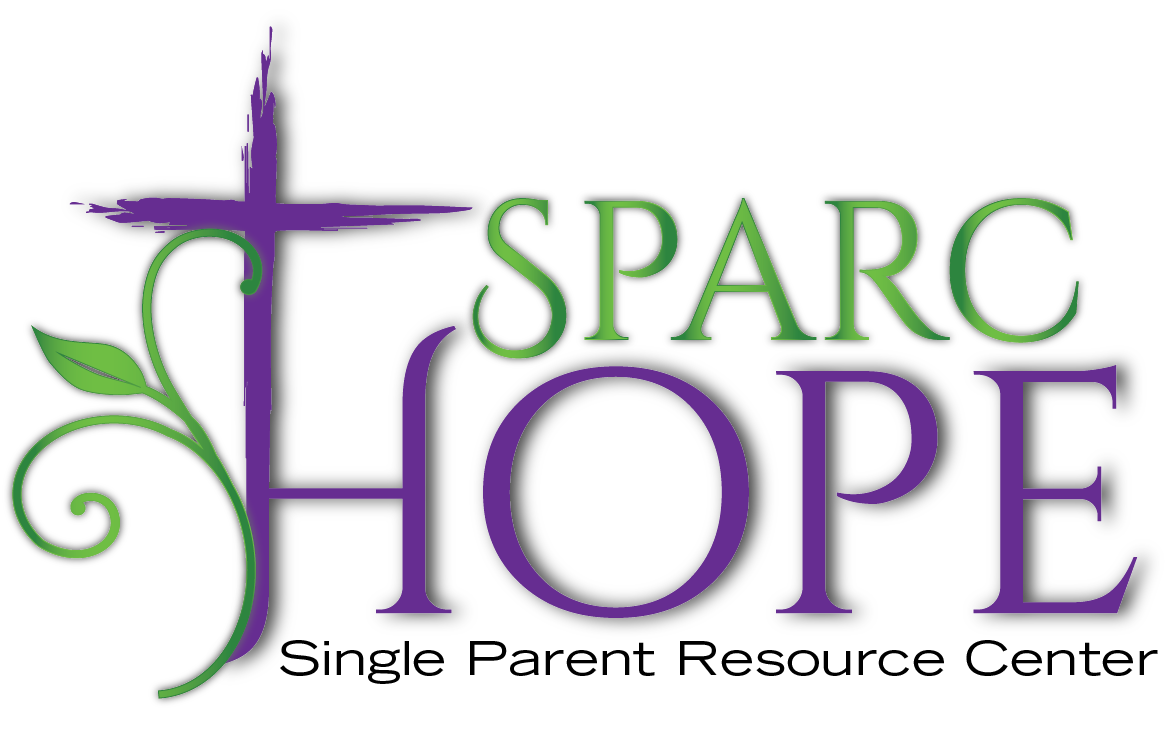Encouraging a Grateful Heart for the Holiday Season and Beyond
By: Michele Tarter
As Thanksgiving approaches every year, we are annually reminded to focus on the wonderful things and people in our lives and give thanks to God. It is definitely important for us to take this carved-out time to remember the historical reason for the day and recognize God for all that He has provided for us. Thankfulness, while helpful, is a short-lived appreciation that can quickly be forgotten. Thankfulness is often synonymous with gratefulness, but there is an important difference. We can think of gratefulness as more of an underlying, appreciative attitude for even the everyday gifts or happenings that are often overlooked. People who are grateful will be thankful even in unhappy or mundane situations because gratitude changes your focus. And there are studies that show a direct correlation between that positive, grateful attitude and your mental health (decreased depression and anxiety), good relationships, and your physical health (improved sleep, better immunity, less illness).
There are barriers that can keep us from having a grateful attitude, like being envious, having depression, being materialistic, and having stress. Furthermore, kids are naturally self-focused, which may keep them from being thankful or grateful. But gratitude does not happen naturally; it must be nurtured. There are ways to train ourselves and our children to better understand the needs and feelings of others and feel more positive about ourselves and our circumstances. Here are some thoughtful ways to build gratefulness like we build our muscles…with practice.
Say “please” and “thank you”
Young children may just give a “thank you hug”, but adults and older children can also write a thank you note for gifts or acts of kindness, which can include why they appreciate it or how they will use it.
Be generous and thoughtful
Let children make decisions about how to help other people who may need assistance or sympathy. You may want to bake cookies or rake leaves for elderly neighbors or someone who has been sick. Any act of volunteering, even with an organization, to help another person can foster the growth of gratitude and be a wonderful family activity.
Talk about the things for which you are grateful
You can use dinnertime or bedtime as a routine time to talk about the things for which you are each grateful. It can even be integrated into a daily prayer routine where you thank God for whatever comes to mind. You can use a fun game-like tool like the Gratikube. This game piece offers a different prompt on each side of its 12 sides, that will give a topic to be discussed. Some of the sides say “Made You Smile”, “Friend”, “Food”, or “Something Accomplished” to start the conversation.
Contribute to family chores
Every person in the family should feel like they have a responsibility to help each other. Even young children can contribute and feel like they are helping the household run smoothly. Age-appropriate chores can be delegated or chosen. Even a toddler can learn to throw laundry into a hamper or put away a few toys.
Point out others being generous
It is good to let kids (and even adults) know that their own actions or words are recognized and appreciated. When you point out what other people are doing to be generous, it may give children a good example of how to treat others and how people appreciate that kindness.
Put together a gratitude collage for younger visual learners
Make a collage of drawings and pictures that show the things for which they are thankful.
So as the holiday season gets started, begin thinking of ways to instill a grateful heart in yourself or your children. It can feel good to keep that thankful attitude going all year and encourage a positive feeling in yourself and others.
Michele Tarter
https://goodkind.shop/products/graticube
OTHER WAYS TO CONNECT
We hope you enjoyed this article on Encouraging a Grateful Heart for the Holiday Season and Beyond. What are your thoughts on the subject? Please connect with us on Facebook and Instagram and let us know!
If you would like to learn more about upcoming events, sign up to receive our quarterly newsletter here.
Check out some of our other blog posts here. We share tips and tricks, budget hacks, inspiration and more information about what we do here at SPARC Hope.
AUTHOR BIO
Michele Tarter is an RN of 33 years who realized she enjoyed writing and grammar while in college at the University of Kentucky. She is a member of Southeast Christian Church. She enjoys gardening, hiking, and cooking healthy food.

